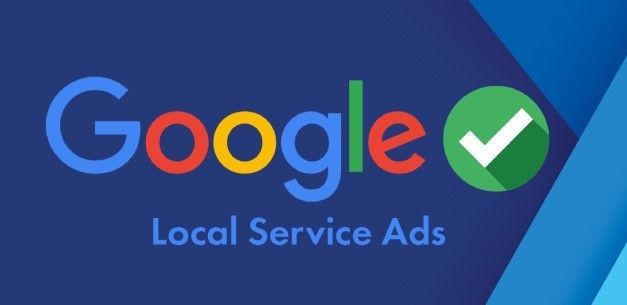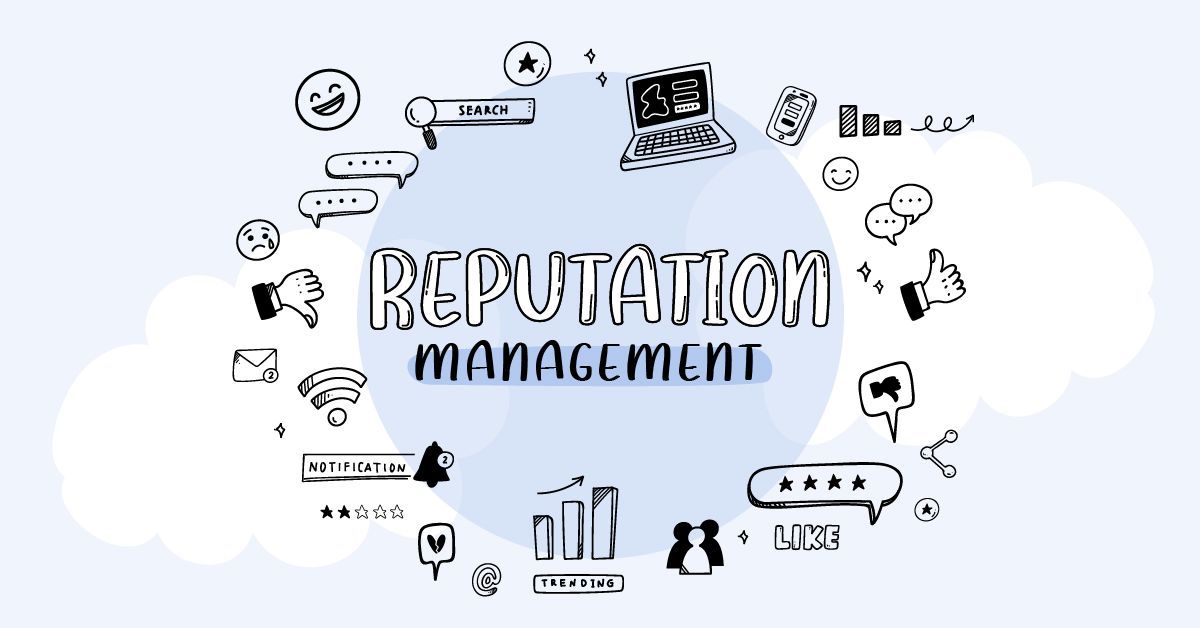In today's digital landscape, search engines have become the go-to resource for people seeking products and services, including pest control solutions. When potential customers are looking for pest control services, they typically turn to search engines like Google. This is where the importance of Search Engine Optimization (SEO) comes into play for pest control businesses.
SEO is crucial for pest control businesses because it helps them improve their visibility in search engine results. When your website ranks higher in the search results, it increases the likelihood of attracting organic traffic and potential customers.
Here are some key reasons why SEO is important for pest control businesses:
Increased Online Visibility: With effective SEO strategies, your pest control business can appear prominently in search results when potential customers search for relevant keywords. This increased visibility exposes your business to a larger audience, increasing the chances of attracting more customers.
Targeted Traffic: SEO allows you to target specific keywords and phrases that are relevant to your pest control services. By optimizing your website for these keywords, you can attract highly targeted traffic to your site. This means that the people who visit your website are actively searching for the services you offer, increasing the likelihood of converting them into customers.
Credibility and Trust: When your pest control business ranks high in search results, it instills a sense of credibility and trust in potential customers. People tend to trust websites that appear on the first page of search results, as they perceive them to be more reputable and reliable. By optimizing your website and improving its search rankings, you can build trust and credibility with your target audience.
Competitive Advantage: The pest control industry is highly competitive, and SEO can give your business a competitive edge. By implementing effective SEO strategies, you can outrank your competitors in search results and attract more customers to your services. This allows you to establish your brand as a leader in the industry and differentiate yourself from the competition.
Long-Term Results: Unlike paid advertising, SEO provides long-term results. While it may take some time to see significant improvements in search rankings, the efforts invested in SEO can have a lasting impact. Once your website ranks high in search results, you can continue to attract organic traffic and generate leads without ongoing advertising expenses.








